LGBTQ+ nonprofits focus on crisis services amid changes to 988
WOOD TV8 | by Josh Sanchez
Published June 23, 2025
KALAMAZOO, Mich. (WOOD) — A standalone option for LGBTQ+ youth in crisis within the suicide and crisis lifeline is expected to come to an end in July.
Federal health agency officials say the focus will move to serve all who call 988. But national and West Michigan nonprofit members are blasting the decision.
The “Press 3” option began in 2022 and later fully launched in 2023. The Trevor Project, a national LGBTQ+ suicide prevention nonprofit, provided best-practice crisis services during the early days of the call option.
On Tuesday, the Substance Abuse and Mental Health Services Administration announced that funding for a third-party subnetwork contract had been expended. The statement said it was to focus on serving all who call for help, including those who previously used the Press 3 option. Notably, the announcement called the program “LGB+ youth services”, dropping the “T” commonly used to reference the transgender community.
“Everyone who contacts the 988 Lifeline will continue to receive access to skilled, caring, culturally competent crisis counselors who can help with suicidal, substance misuse, or mental health crises, or any other kind of emotional distress. Anyone who calls the Lifeline will continue to receive compassion and help,” SAMHSA officials said in the statement.
However, advocates said the specialized service is crucial.
“We understand how this works for veterans, that there are unique experiences, there are unique stressors, and there are reasons why certain communities are at elevated risk for suicide,” said Casey Pick, director of law and policy at the Trevor Project.
“They are not at heightened risk of suicide because of who they are. This is really important to know its because of the discrimination and stigma that they experience in their day to day life,” she said.
Pick said the subnetwork has been taking on 10% of the lifeline’s call volume with the Trevor Project handling most of the calls. She said there’s a real risk of sending those calls back to the general pool.
“There will be for at least a certain amount of time a greater amount of strain on the lifeline overall, leading to increased wait times and possibly leading to possible harm to everybody in addition to the LGBTQ youth who will lose a uniquely lifesaving service,” she said.
In the meantime, Pick said the group has launched a petition on its website and is working with lawmakers in hopes of intervening in the change. While the Press 3 option may come to an end, Pick said the nonprofit will continue its own crisis services.
LOCAL NONPROFITS REACT, SHARE RESOURCES
In West Michigan, nonprofit members are also shocked by the change.
“There are people in our community that we know would not be alive today if it was not for those supports. For those lines being open, accessible and free for LGBT people and for them to be LGBT-informed,” said Connar Klock, the drop-in center facilitator with OutFront Kalamazoo.
Klock said the Trump Administration has not been competent with LGBTQ issues or mental health. With the end of the Press 3 option, Klock believes local resources centers will see a high demand for services and supports. That could become an issue if staffing cannot meet the demand. However, Klock said community groups are committed to answer that call for help — with a mental health navigator.
“They can set up sessions with people to actually have like sessions with folks with mental health supports as well as connection and navigation for that person to be connected with a therapist that can help them in a sustainable long-term fashion,” said Klock.
Another aspect of mental health is community engagement, they said.
“Community programs could mean the world to someone who feels isolated and alone and feels like they don’t have community. So, providing that community can be an excellent support,” said Klock.
In Kent County, Jennie Knight with the Grand Rapids LGBTQ + Healthcare Consortium said finding options for mental health services locally can start with checking insurance and seeing what’s covered. Knight said the area has a list of organizations ready to assist someone in crisis. Making a call to just one can unlock a pathway to others.
“All of us are working on ways to help patients navigate that and get connected with what they need. So, people can reach out to any one of those resources and get connected with what they need. If it’s not something I have, I am more than happy to refer them outside,” she said.
Original Link: https://www.woodtv.com/news/kalamazoo-county/lgbtq-nonprofits-focus-on-crisis-services-amid-changes-to-988/

